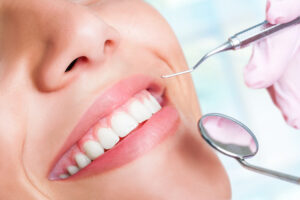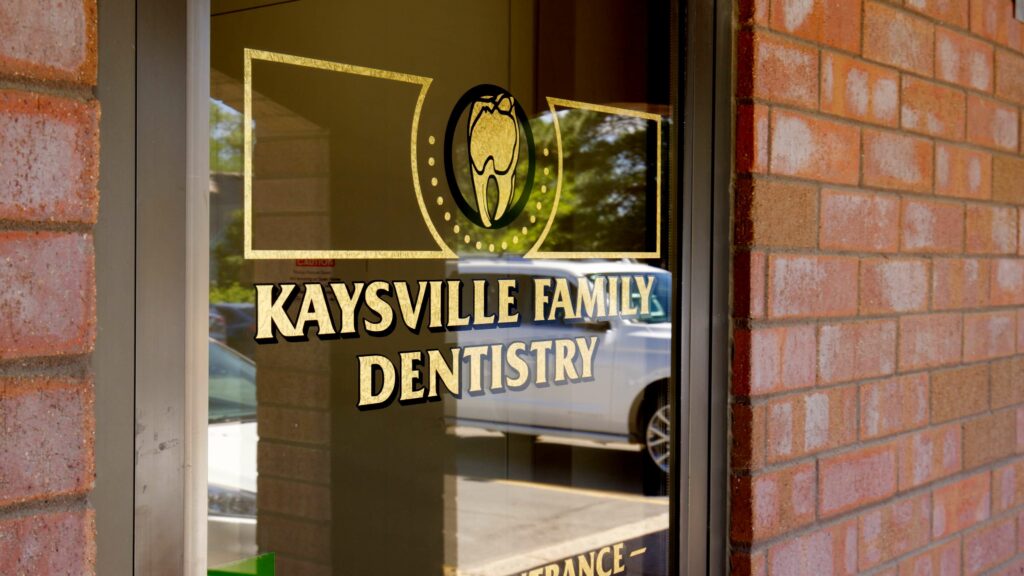Individuals who struggle with symptoms of sleep apnea may not realize the help their dentist can provide by assessing or treating this sleep disorder. Dentists will often ask patients about their sleep habits to assess the possibility of an individual dealing with apnea, though there are other oral health signs that could lead to a dentist recommending further testing for the condition.
The signs of a struggle
According to the National Sleep Foundation, at least 18 million Americans are dealing with the condition that causes repeated breathing interruptions during the night. While these interruptions can last for just a few seconds or longer than a minute, the danger is increased by the number of these occurrences each night. Some patients can experience up to 30 or more pauses in an hour.
Oral conditions
Much of the struggle with apnea can be attributed to the physical structure of the mouth, tongue, or jaw. In some cases, the muscles located at the back of the throat are limp and weak. For others, the jaw is undersized or the tongue is oversized, either of which can lead to obstruction of the airway. Because dentists have a close look at the oral condition of a patient, they are often able to recognize when apnea could be a potential problem.
A dental exam can also reveal a throat that is abnormally red, usually an indication of a snoring problem. The shape and placement of the tongue are also taken into account, and when combined with other noticeable or self-reported symptoms, a dentist may have enough information to suggest seeking a formal diagnosis.
Oral health
Patients may also exhibit a number of other symptoms of sleep apnea, many of which dentists will notice during a routine exam. Bruxism, or tooth grinding, is considered one of the earliest signs of the sleeping disorder. Dentists are able to see evidence of this with worn out surfaces on the teeth. Patients who experience a spike in cavities may also be dealing with apnea, as dentists find evidence that bruxism causes damage to the teeth in ways that allow cavity-carrying bacteria to creep in and take root.
The treatments recommended
A dentist is able to recognize symptoms of a sleeping disorder, but a full exam may also be needed by a primary care provider to confirm the condition. Should a dentist suspect that a patient has apnea, a sleep study may be suggested. Once a formal diagnosis has been declared, patients can begin looking for the right treatment options.
A dentist is able to explore several different treatment options with patients. Relief may be found through assistive devices that are worn over the mouth or nose, or oral devices like mouth guards, can address problems with teeth grinding. Tongue-retaining mouthpieces are another potential option for those dealing with this sleep disorder.
Conclusion
Regardless of how it is diagnosed, there is hope for patients dealing with sleep apnea. A dentist can address any concerns that may be raised concerning early warning signs.
Request an appointment here: https://www.kaysvillefamilydentistry.com or call Kaysville Family Dentistry at (801) 546-2439 for an appointment in our Kaysville office.
Check out what others are saying about our dental services on Yelp: Do I Have Sleep Apnea in Kaysville, UT.

